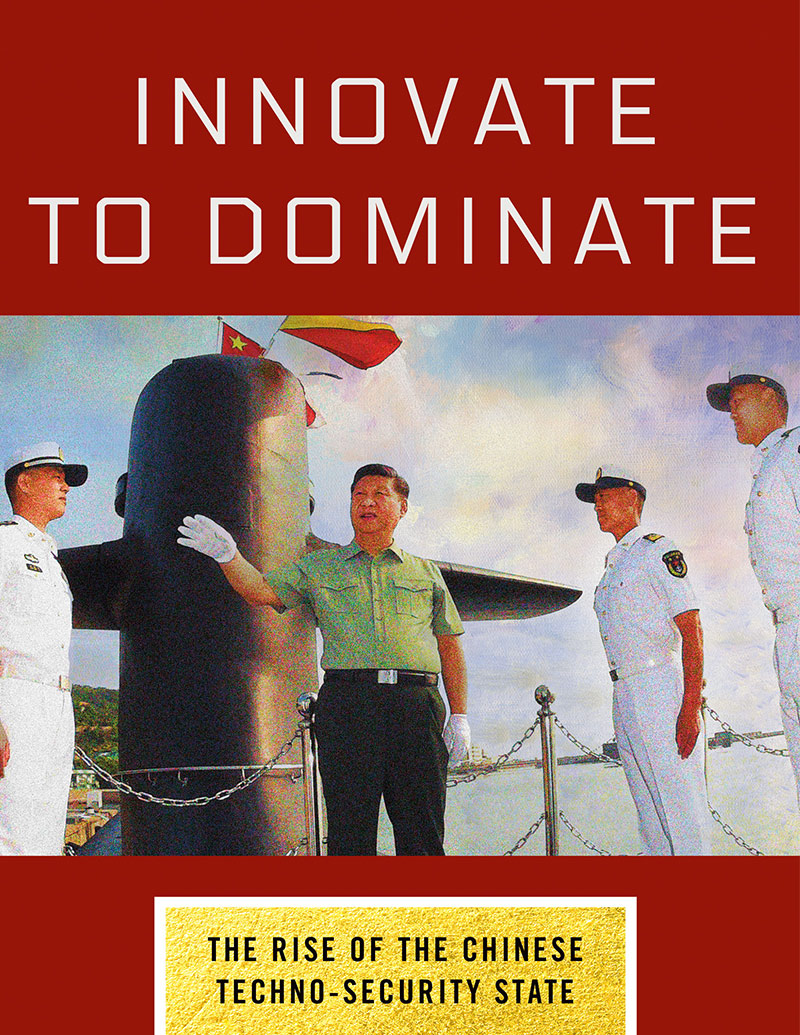Innovate to Dominate: The Rise of the Chinese Techno-Security State

A new book by IGCC director Tai Ming Cheung analyzes China’s rise as a techno-security leader and its competition with the United States.
Order your copy from Cornell University Press.
In Innovate to Dominate, Tai Ming Cheung offers insight into why, how, and whether China will overtake the United States to become the world’s preeminent technological and security power. The director of the UC Institute on Global Conflict and Cooperation and a Professor at the School of Global Policy and Strategy at UC San Diego, Cheung is one of the leading experts on Chinese science, technology, innovation, and security.
The techno-security domain, Cheung argues, is where national security, innovation, and economic development converge, and it has become the center of power and prosperity in the twenty-first century. China’s paramount leader Xi Jinping recognizes that effectively harnessing the complex interactions among security, innovation, and development is essential in enabling China to compete for global dominance.
Cheung offers a richly detailed account of how China is building a potent techno-security state. In Innovate to Dominate he takes readers from the strategic vision guiding this transformation to the nuts-and-bolts of policy implementation. The state-led top-down mobilizational model that China is pursuing has been a winning formula so far, but the sternest test is ahead as China begins to compete head-to-head with the United States and aims to surpass its archrival by mid-century if not sooner.
Innovate to Dominate is a timely and analytically rigorous examination of the key strategies guiding China’s transformation of its capabilities in the national, technological, military, and security spheres and how this is taking place. Cheung authoritatively addresses the burning questions being asked in capitals around the world: Can China become the dominant global techno-security power? And if so, when?
Related Content:
- China’s Evolving Relationship With Russia (podcast)
- The Global Pursuit of Defense Innovation (IGCC series in the Journal of Strategic Studies)
- How Will the U.S. Meet the Rising Challenge of Artificial Intelligence? (IGCC report)